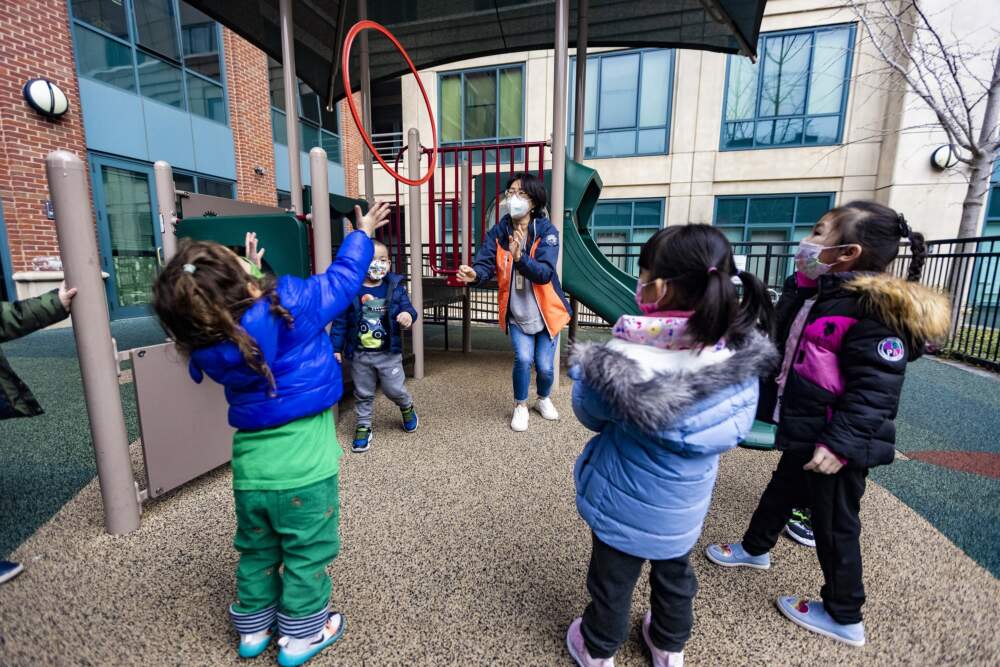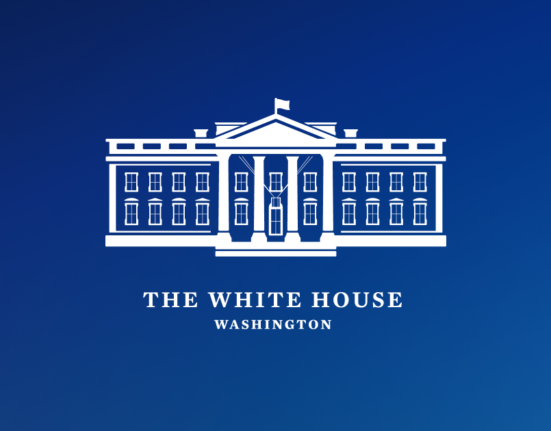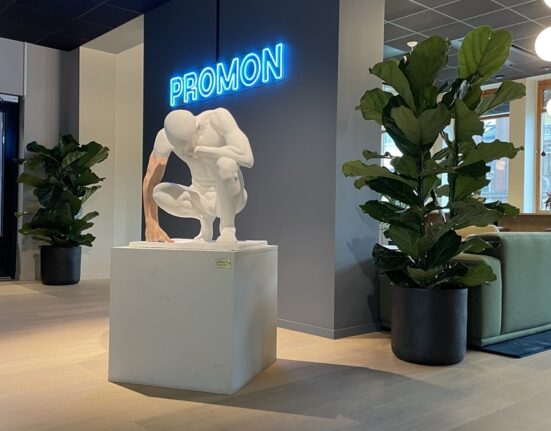The amount of state funding available to Massachusetts child care providers who require upgrades to their facilities has more than doubled this year thanks to a cash infusion from funds generated by the 2022 Fair Share amendment, or the millionaire’s tax.
Since 2013, the Massachusetts Department of Early Education and Care has typically funded about $6 million worth of annual capital improvement grants. But earlier this month, the department said the total amount available this round is $14.3 million.
“We’re proud that this capital plan increases funding to better ensure that these programs have the financial resources they need to provide modern, healthy and safe environments for our kids to learn and play,” Gov. Maura Healey said in a press release about the expansion of funds.
Early education facilities that serve at least 50% of low-income families are eligible for the grants. Providers can use the money on a variety of projects including emergency repairs, indoor air-quality improvements or classroom upgrades.
Jamie McGrath, vice president of project management with the YMCA of the North Shore, said the grant money helps offset costs of other needs across the child care centers.
“If you have to take money to spend on capital needs, you’re not able to invest in the other things that the Y wants to invest in, like behavioral specialists,” she said.
The capital grants provide between $200,000 and $500,000 in funding per project.
McGrath has helped the YMCA of the North Shore secure three of these grants in the past. Funding helped to construct a new child care center in Cape Ann; overhaul dated classrooms with state- of-the-art tools at the YMCA in Beverly to help children develop gross motor skills; and, most recently, assist the Haverhill YMCA install an outdoor playground.
McGrath plans to help the YMCA apply for the newest round of funding this year as well. EEC officials say they will prioritize projects that feature safety and security upgrades as well as building projects that involve green energy investments. Center leaders like McGrath welcome that focus given that new security systems can run upwards of $40,000 to $50,000.
“Updating security systems is something we’d never be able to do on our own,” said Deborah Kneeland Keegan, the co-founder of For Kids Only Afterschool, an afterschool care provider with locations in Winthrop, Peabody and Revere. Keegan recently used funding from an EEC capital improvement grant to help the Winthrop facility build an outdoor classroom. This time around, she wants to apply to help add a security system at some locations.
EEC leaders said the nearly doubling of funding also allows them to expand eligibility of such grants to for-profit child care centers and explore investing capital funds in licensed family or home-based child care centers.
“We’re exploring the best way to support these small businesses to be able to improve their programs,” said EEC commissioner Amy Kershaw. “This grant program also allows our child care program not to have to pass the cost on to the parents which is really essential as we prioritize affordability across the commonwealth.”
The state’s capital improvement grant program application window is open through Jan. 23. The EEC is also hosting information sessions about these grants.







